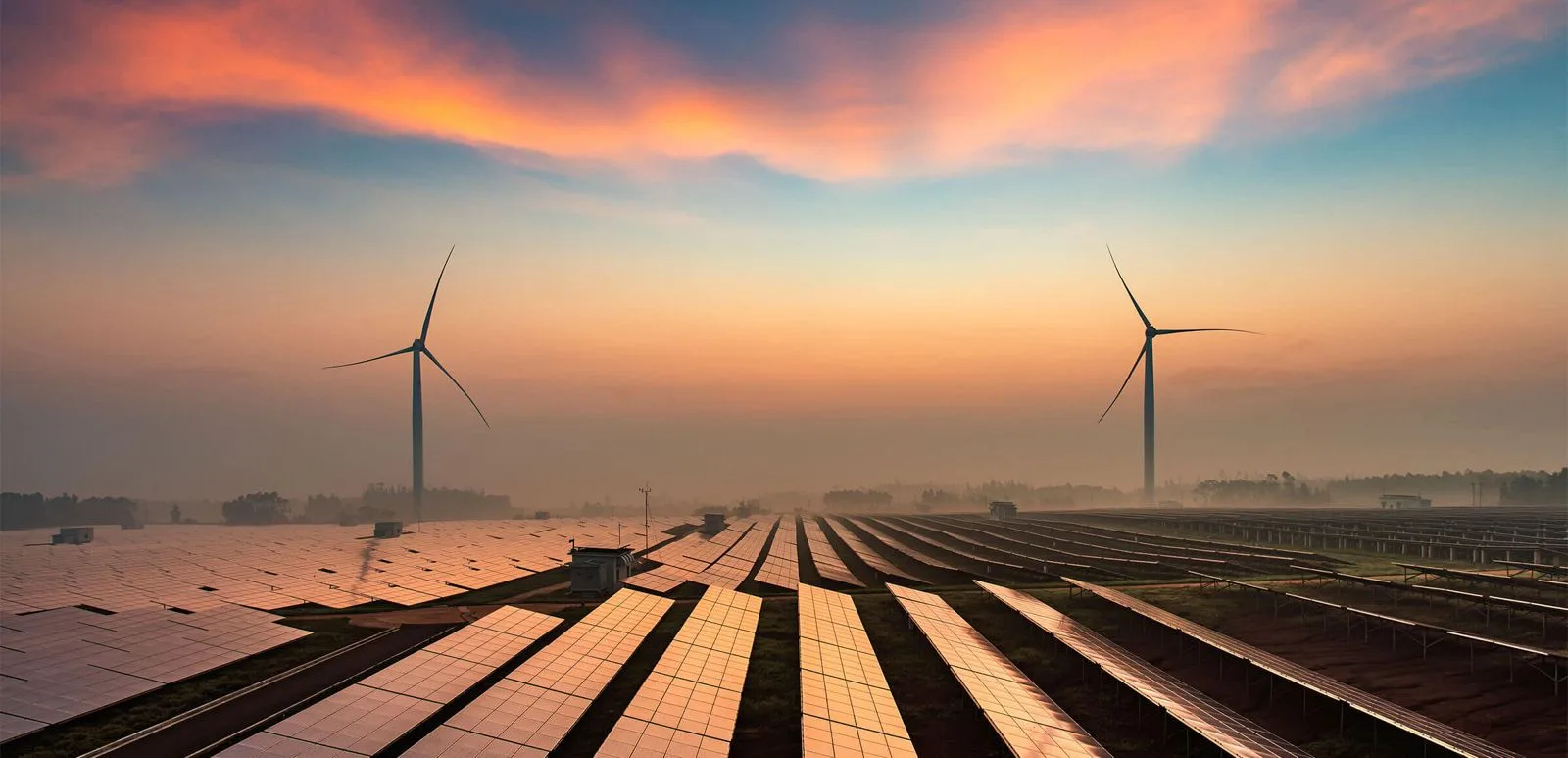A recent decision by the Public Contracts Review Board (PCRB) (Case 1973) highlights several key principles of public procurement law in the context of a tender for the regeneration of St Paul’s Bay, Bugibba, Qawra, Xemxija and Salina Area.
Dalli Advocates assisted its client to challenge the evaluation committee’s reccomendation, upon which the tender was awarded.
The tender used the BPQR method, which requires the contracting authority to award the contract based on technical aspects and other qualitative considerations, rather than just price. The principle highlighted in this case is that evaluators must conduct a thorough and detailed assessment of each bid, scoring each one of the several technical criteria according to a gradation system (out of 100). This ensures that all technical and financial elements are fully considered.
In this case, the PCRB found that the evaluators did not fully comply with this requirement, since they graded every technical criterion with a score of 100 out of 100, rather than using the incremental grading system as was required. This gradation system allows for differentiation in quality, with scores ranging from 0 to 100 based on how well each submission meets the tender’s specific criteria. By assigning perfect scores across the board, the evaluators failed to make a meaningful comparison between the bidders, thus disregarding the requirement to thoroughly analyse each aspect of the tender submissions. This approach undermined the integrity of the evaluation process, as it did not reflect the nuanced differences between the bids, which should have been the basis for awarding marks incrementally according to merit.
Tied to this principle, the PCRB also stressed that evaluators should possess a basic understanding of the subject matter they are evaluating. In this case, it turned out that the evaluation committee lacked the assistance of a technical expert, and some of the evaluators admitting to having no knowledge in critical areas such as ecology or urban development, even though these were obviously important components of a tender concerning urban regeneration.
The Board noted that a properly constituted evaluation committee with relevant technical expertise is crucial for the integrity of the process. An evaluation board cannot possibly evaluate a bid thoroughly and in detailed manner if its members do not have specialized knowledge in the subject-matter at hand.
For these reasons, the PCRB revoked the evaluation’s board decision and the contracting authority to re-evaluate the bids through a newly composed Evaluation Committee composed of new members having a basic understanding of the subject matter.
With extensive experience in the sector, Dalli Advocates has provided support to both bidders and government entities in



